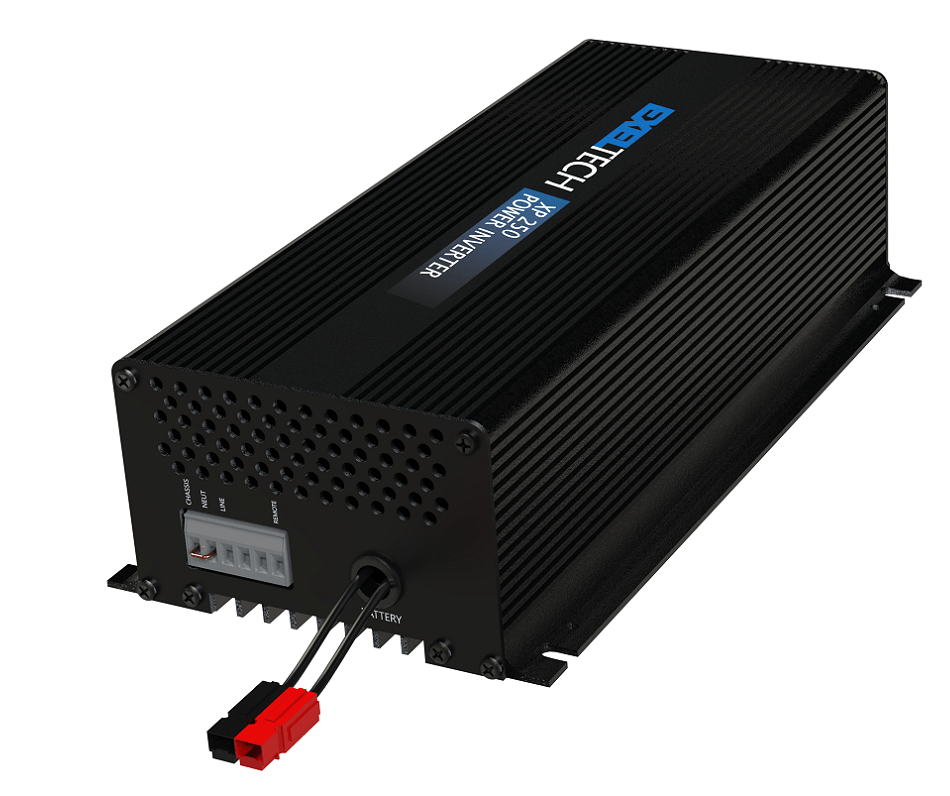Industrial power inverters are critical components that ensure the smooth and efficient conversion of electrical energy. They maintain uninterrupted power supply in various industrial settings.
However, like all sophisticated equipment, they require regular maintenance to perform optimally and avoid costly downtime.
Due to the diversity of applications and environments in which these modular inverters operate, adopting a proactive approach towards their maintenance is crucial.
Why is Maintenance for Industrial Power Inverters Crucial?
Industrial power inverters require proper maintenance for various reasons like:
1. Consistent Performance
Regular maintenance ensures that power inverters function consistently without unexpected failures. This reliability is crucial for industrial operations where continuous power supply is necessary for machinery and processes.
2. Preventing Catastrophic Failures
Routine checks and maintenance can identify potential issues before they lead to significant problems. Thus preventing sudden and severe breakdowns that can disrupt production.
3. Safety Assurance
Well-maintained inverters reduce the risk of electrical hazards, such as short circuits or overheating. They may in turn pose safety threats to workers and equipment.
4. Optimal Operation
Maintenance activities such as cleaning, tightening connections, and updating software help inverters operate efficiently.
5. Minimizing Energy Losses
Properly maintained modular inverters minimize energy losses due to heat dissipation and electrical resistance, ensuring more power is converted effectively from DC to AC.
6. Reducing Downtime
Planning and executing regular maintenance tasks help prevent unscheduled downtime. Businesses can avoid larger problems requiring extended downtime by proactively addressing minor issues during scheduled maintenance.
7. Quick Troubleshooting
A well-maintained inverter is easier to diagnose and repair if issues do arise. Regular maintenance keeps documentation up to date, which aids in swift troubleshooting and repair processes.
8. Component Longevity
Maintenance tasks such as cleaning, lubrication, and cooling system checks prevent wear and tear on components, significantly extending their operational life.
6 Essential Maintenance strategies for industrial power inverters
Following these six essential maintenance strategies ensures your inverters provide an uninterrupted power supply with minimal operational disruptions:
Use Quality Components
Invest in high-quality components as they are more reliable and durable, reducing the likelihood of failures and the need for frequent maintenance. This investment pays off by ensuring the inverter operates efficiently and has a longer lifespan.
Manage Temperature Variances
Temperature plays a significant role in the performance of modular inverters. Extreme temperatures, whether hot or cold, can adversely affect their operation.
In colder environments, inverters may operate slowly; while they may shut down to prevent damage in hotter conditions. To avoid these issues, monitor the temperature in the work area and choose inverters that can withstand such conditions.
For instance, inverters with NEBS Level 3 certification can handle hot and cold environments, ensuring consistent performance and reducing downtime.
Regular Maintenance Checks
Conduct regular maintenance checks to ensure all inverter components work well. This includes inspecting fans, checking for dust and debris, ensuring proper ventilation, and monitoring electrical connections.
Regular maintenance helps in the early detection of potential issues, preventing costly breakdowns and ensuring its continuous operation.
Prevent Airborne Contamination
Airborne contaminants such as dust, solvents, and other particles can cause significant damage to inverters through oxidation or rusting of internal components. Regularly checking for, and cleaning any contaminants protects your modular inverters.
Monitor Power Load
Overloading an inverter can lead to malfunctions and reduced efficiency. Therefore, proper load management is crucial for maintaining the performance and longevity of your inverters.
Ensure that the inverter’s capacity matches the power load requirements of your industrial equipment before use.
Implement a Preventive Maintenance Schedule
Establish a preventive maintenance schedule to inspect and service your modular inverters regularly. This proactive approach helps identify and address issues before they lead to significant problems. It ensures the inverters remain in optimal condition and reduces the risk of unexpected downtime.
Contact trained technicians from Exeltech for more information regarding these industrial power inverters and their maintenance.





